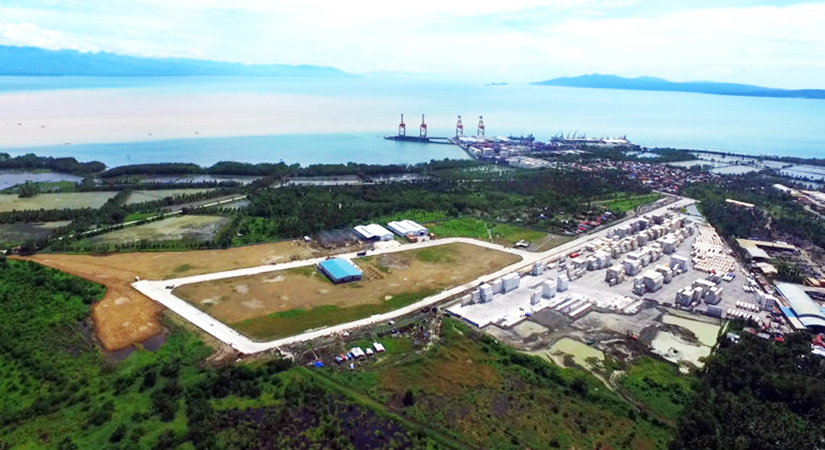
FacebookMessengerTwitterLinkedInShare
ECONOMIC ZONES are expected to reap the benefits of the recently approved Regional Comprehensive Economic Partnership (RCEP) in the form of more diverse sources of foreign direct investment (FDI), according to the Philippine Economic Zone Authority (PEZA).
“As the chief implementer of the ecozone program, PEZA hopes to attract more FDI from the RCEP member economies and especially from non-traditional trading and investment country sources such as China, Australia, and New Zealand,” PEZA Officer-in-Charge Tereso O. Panga said in a social media post on Sunday.
“In the process, this will expand the ecozone FDI sources, diversify export products and markets, and contribute to infrastructure development that will address the gaps in the supply chain — all these will ultimately enhance the competitiveness of the ecozones and the Philippines as an investment destination in the region,” he added.
The RCEP, billed as the world’s biggest free trade agreement, will take effect for the Philippines around May after the Senate ratified it on Feb. 21. The RCEP will lead to minimal to zero tariffs, bringing about an expected expansion in trade.
The RCEP members are the 10 countries of the Association of Southeast Asian Nations (ASEAN), Australia, China, Japan, South Korea, and New Zealand.
“Given the right ecosystem and enabling laws, the Philippine economy could be boosted if economic activities flourish in the ecozones as well as their linkage in the domestic market,” Mr. Panga said.
Mr. Panga said PEZA is hoping to develop the pharmaceutical ecosystem with a dedicated technology park to help multinational companies searching for ways to produce medicines more rapidly and at low cost.
He added that PEZA is also targeting investment in the design and production of electric vehicles and semiconductor manufacturing, to harness the Philippines’ mineral resources.




